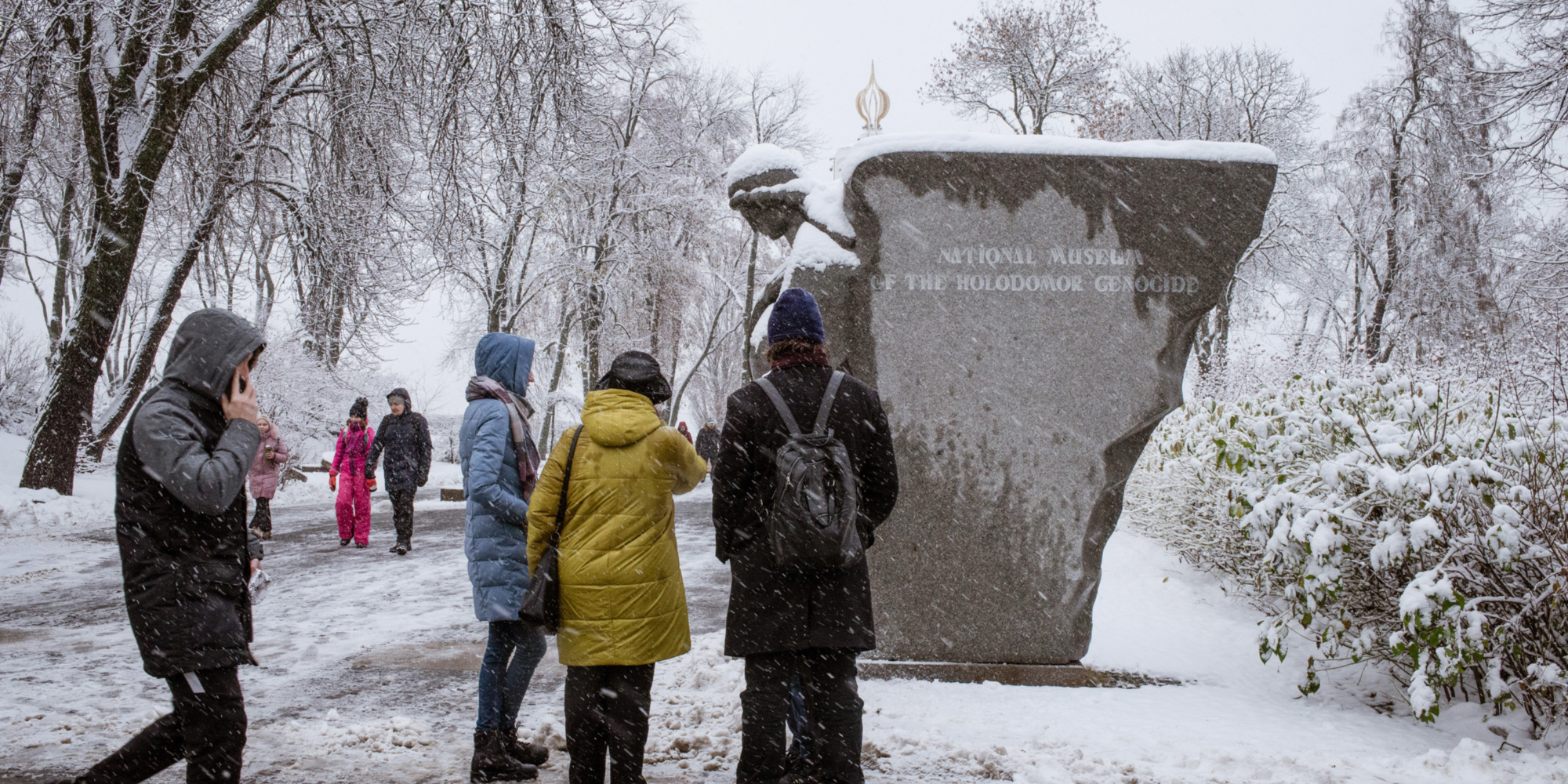Gauthier Delomez with AFP 16:05 p.m., April 01, 2023
The National Assembly on Tuesday recognized the "Holodomor" as a genocide that took place in Ukraine in the early 1930s, joining similar votes in the European Parliament or Germany. This period refers to a vast famine that raged in the country, and of which Russia denies being at the origin.It is a vote that has repercussions in the Russian-Ukrainian conflict. The National Assembly on Tuesday recognized the Holodomor as "genocide", as did the European Parliament last December. The President of Ukraine Volodymyr Zelensky hastened to welcome this vote by sharing his "gratitude to the deputies for this historic decision". Sound of bell radically different on the side of Moscow, which describes this Saturday of "repugnant anti-Russian zeal". The two countries actually have two opposing readings of this event that marked the early 1930s.
The France has just recognized #Holodomor of 1932-33 as genocide of the people. Gratitude to the Members of @AssembleeNat for this historic decision. The totalitarian regime of the Kremlin, past or present, could not and will never destroy truth and justice! pic.twitter.com/0JKPplzOG5
— Володимир зеленський (@ZelenskyyUa) March 28, 2023
In 1932 and 1933, about 3.5 million Ukrainians perished as a result of the "Holodomor", a term that means, in Ukrainian, "extermination by hunger". It was a great famine provoked, according to historians, by the Soviet authorities, whose leader was Stalin. Against a background of collectivization of land, the latter wanted to repress any desire for independence in Ukraine, then a Soviet republic and nicknamed "the breadbasket of Europe" for the fertility of its black soils.
Crop failures in 1931
As reported by French historian Nicolas Werth, a specialist in the history of the Soviet Union, in 1931 the Russian state faced crop failures in Western Siberia and Kazakhstan, where already a severe famine killed several thousand Kazakhs. The Soviet leaders therefore decided to increase their share of the collection of grain from Ukraine, from 30% of production in 1930 to more than 42% in 1931. The local populations experienced a famine from May to July 1932, and if the authorities alerted the top of the state, it took time to react.
>> READ ALSO – Ukraine: the Russian invasion is a "threat" for Europe, warns Charles III in Germany
In the midst of a general shortage in the Soviet Union, the Russian authorities sent little food aid in the spring of 1932. The latter actually overestimated grain production in 1931-1932, which was then used to supply the industrial sectors and exports. Stalin then took a series of measures towards the peasants, but he also feared the survival of the Soviet regime in Ukraine where there were many "kulaks", that is, "enemies of the people".
Exodus of peasants to the city
While the major cereal collection plan did not raise the objectives set, restrictive measures were adopted in late 1932 and early 1933. At the same time, more and more farmers are deserting the countryside to reach the cities and escape famine, while the state tries to prevent this exodus by installing roadblocks held by the army. Tens of thousands of peasants were forced to return to their villages, and local Communist Party cadres were executed or deported.
In 1933, mortality reached its peak in Ukraine, as famine was compounded by typhus and cannibalism. In total, nearly 3.5 million Ukrainians died during this period, while the USSR was still exporting grain abroad. The Soviet authorities decided to conceal this disaster, and in early 1933 took new emergency measures to help the poorest inhabitants, except opponents of the regime.
Why Russia refuses to talk about "genocide"
This great famine began to be made public a few months later, thanks in part to the work of journalists. In France, the book The Gulag Archipelago written by Alexander Solzhenitsyn allows the general public to discover this tragic event. Today, with the Russian invasion of Ukraine, there is a fear of a return of the "Holodomor", especially when Vladimir Putin's army bombs grain reserves.
>> READ ALSO – The fate of a Russian family broken by war and repression
While Ukraine has campaigned for years for the Holodomor to be officially recognized as genocide, a concept coined during the Second World War, Russia categorically refuses such a classification, claiming that the great famine that raged in the Soviet Union in the early 1930s did not only claim Ukrainian victims. but also Russians, Kazakhs, Volga Germans and members of other peoples, thus joining the opinion of other historians. Germany, which in November also recognized the Holodomor as genocide, had been accused by Moscow of "demonizing" Russia.

